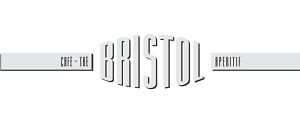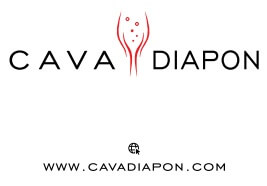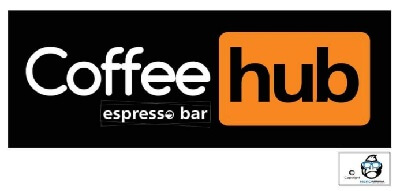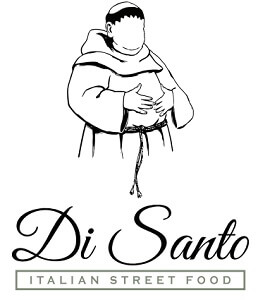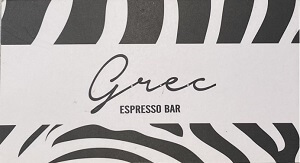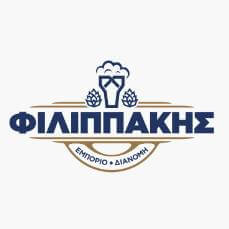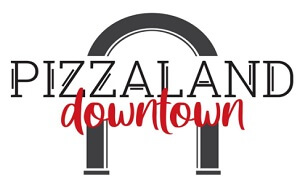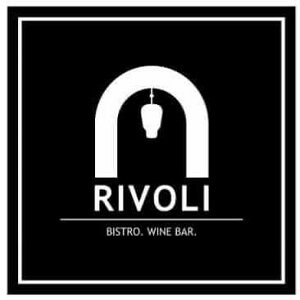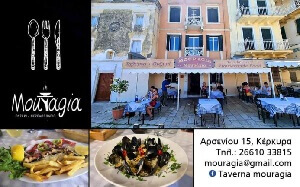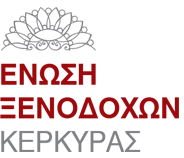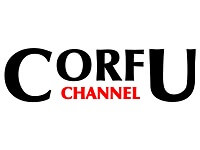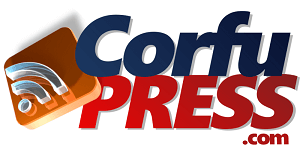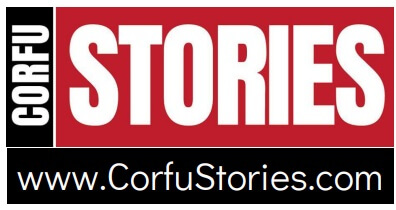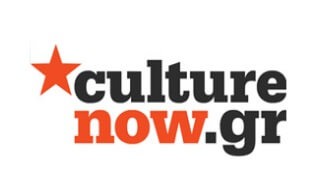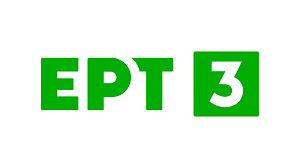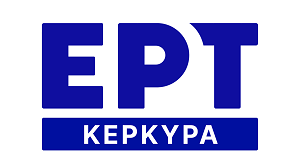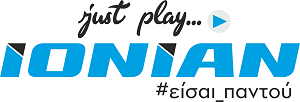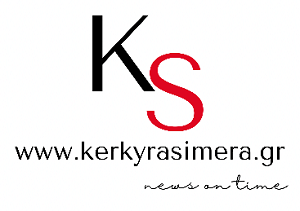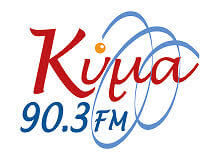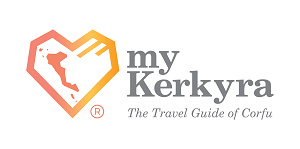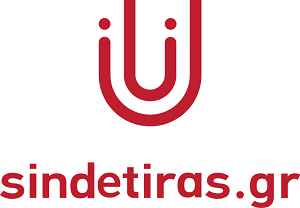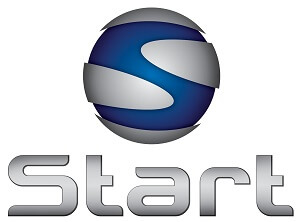Computational thinking, problem solving, complexity management, teamwork, and project management are vital skills for future employment and should be taught to children starting in primary schools. Knowledge and skills in computer programming, exposure to technology and doing science and engineering experiments are all vital for the pupils. Educators, on the other hand, may find it challenging to properly teach such abilities through active learning. In this paper I share my strategy and experience teaching an alternative model for music education, to two groups of primary school children using the Lego Spike Prime kit and Arduino Uno.
The learning environment consist of lessons plans, workbooks, activities and assessment. I taught my students how to use sensors, motors, connectors, and several other parts to design, build and program robots that can be used as musical instruments. Using a visual programming environment, students learned basic but essential programming components such as integers, loops, branches and conditions. We focused on issues related to how pupils completed various music activities and solved dilemmas of each different condition. I offer experimental results that show that this teaching approach, which includes both course content and pedagogy, was effective in embedding new -globally used- technologies for music education in all -primary and secondary- educational stages.
Objective
The construction of robotics and programming using robotic education kits for teaching computational thinking, problem solving, programming and engineering skills to primary school level is a very effective teaching methodology in several school curriculums. STEAM (Science, Technology, Engineering, Art and Mathematics) educators believe that teaching robotics construction and programming is not only effective for all the aforementioned but also raises essential skills in students like team-work and collaboration with each other, problem solving, creativity and project management.
The motivation for this research is to investigate the importance of Education Robotics (Lego Education vs Arduino Education kit) in Music Classes for teaching computational thinking, problem solving, programming, team-work and project management to primary level kids. Our
objective is to examine and observe how students engage in the problem solving process, how they decompose a larger problem into subtasks, how they go about exploring alternate solutions, how they collaborate, communicate and draw conclusions and how they tackle difficulty and complexity. An understanding of such aspects is important to improve and enhance music curriculum and teaching methodology using new technologies.
Methodology
The focus of this research is to explore the use of (ER) Educational Robotics as a means of engaging with new technologies in music classes in primary and secondary schools. A/r/tography is a type of methodology that teachers conduct in order to improve their own creative skills and artistic practices.
A/r/tography is a research methodology that aims to capture, preserve, and artistically represent moments in the process of rediscovering knowledge. I am seeking for this process as it's been forgotten in research methodologies, which have been focused with sterile knowledge creation. As an a/r/tographer, I realize the challenge of creating educational experiences for music education classes.
A/r/tographic imagination is crucial to the research. Recasting the teacher's role as an a/r/tographer, we teachers, are able to effectively present, link, and integrate heterogeneous skills in a holistic educational setting. A/r/tography is an effective method for navigating prototype contexts with devotion, insight, and constructive conversation, leading in more open teaching methods.
Conclusion
As technology continues to transform our society, it is vital for students and teachers to develop critical thinking skills as well as the ability to manage and create their own digital experiences. We urge students to become producers of digital technology rather than consumers. It is imperative to teach computational thinking to young people and to help them understand how digital technologies function so that they may become empowered by them rather being simply users of them. Instead of merely consuming technology on a constant basis, students may now begin to create their own digital future. They become app-developers rather than app- consumers. Whether it's for a job or simply for enjoyment, learning to code is a huge benefit.
Dimitri Chatzigiannakis is a Music Educator and Phd Candidate who can raise the quality of teaching, but also develop a culture of learning and high aspiration across school’s musical department. He has excellent musical knowledge, a strong desire to provide his pupils with a world class education. He is guaranteed to stretch all of his pupils to their fullest potential. He is also a skilled Composer and Audio Producer, expert in music and sound editing hardware and software, with experience handling a wide variety of programs to compose, synthesise, and record his own music. Capable of both transcription, orchestration and possessing a strong background in music theory. Familiarity with a range of musical genres, with special experience in Film, TV, and commercial music composition. Deeply committed to exploring alternative sites for new music, music education, technologies and collaborative arts.
Back
SPONSORS
 Agora Restaurant Grill House
Agora Restaurant Grill House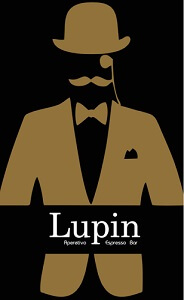 Lupin Aperitivo Espresso Bar
Lupin Aperitivo Espresso Bar

